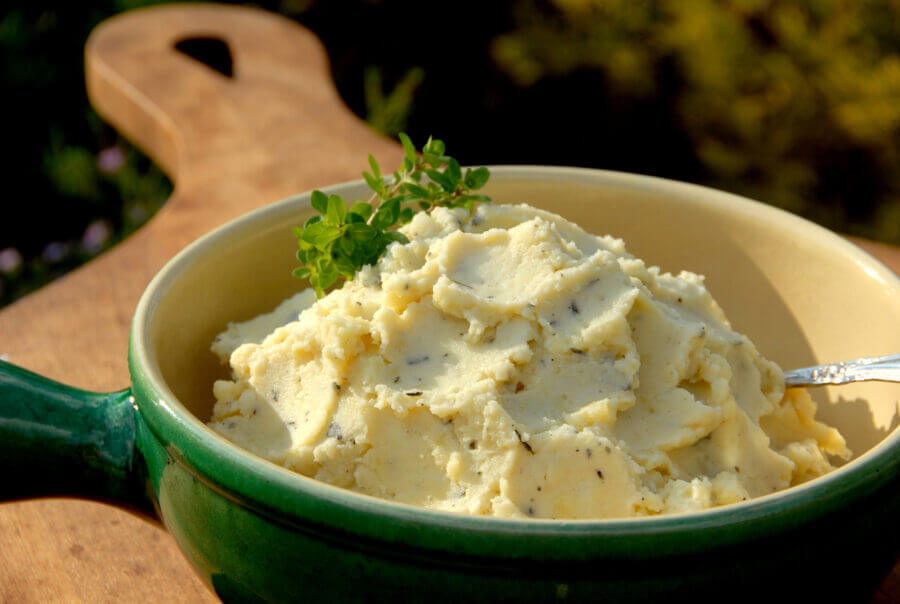Nothing hits like a bowl of mashed potatoes. If you don’t have a masher, though, how can you mash the potatoes? Luckily, the answer is already in your kitchen.
Forks
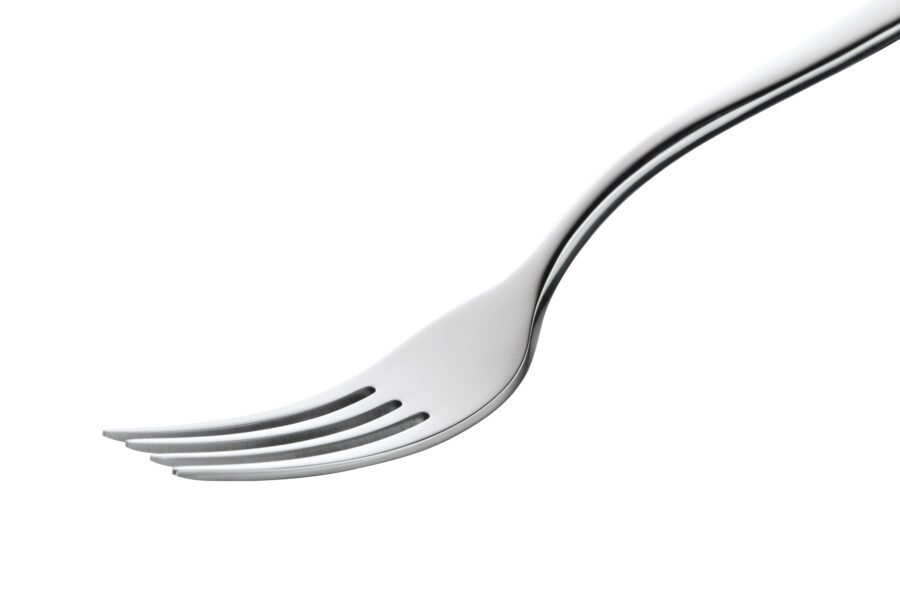
This is probably the easiest way to mash potatoes without a masher. Honestly, as long as you have a fork, you won’t even need a masher.
A larger fork might be more beneficial, since it covers more ground, but you can use a regular-sized fork, too. Some people prefer using two.
Whatever you do, though, make sure you use lots of cream and butter. That will smoothen the potatoes and make them easier to mash with forks.
Stand Mixer
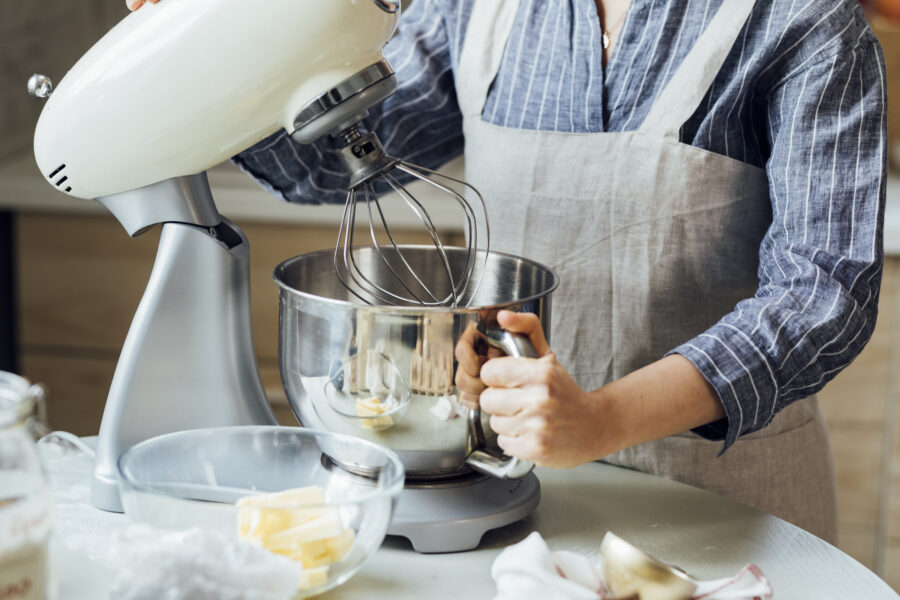
Want to automate the mashing process? Try a stand mixer. Since you’d be relying on a machine to mash your potatoes, you’ll need to exercise caution.
Turning the mixer on too high will wreak havoc on your kitchen. Use it at the lowest possible setting. You don’t want your kitchen caked in mashed potatoes.
If it’s not working, you can go a little higher, but don’t go too crazy. If a higher setting isn’t doing the trick, you’re better off switching methods.
Food Mill
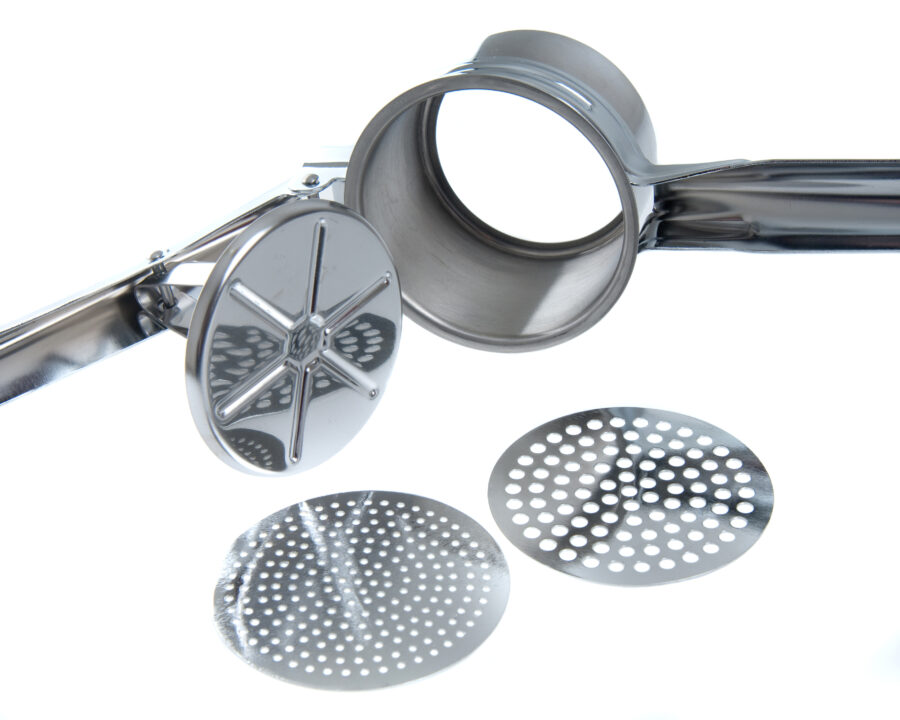
Also known as a ricer, a food mill might make your mashed potatoes smoother than using an actual masher. This appliance is really handy.
Food mills help you mash other ingredients, like tomatoes or apples, for making sauces and such. If you already have one, you’re probably really into cooking.
Food mills are best used by people who know what they’re doing. If you’re into cooking, and want the smoothest possible mash, use this.
Mason Jar
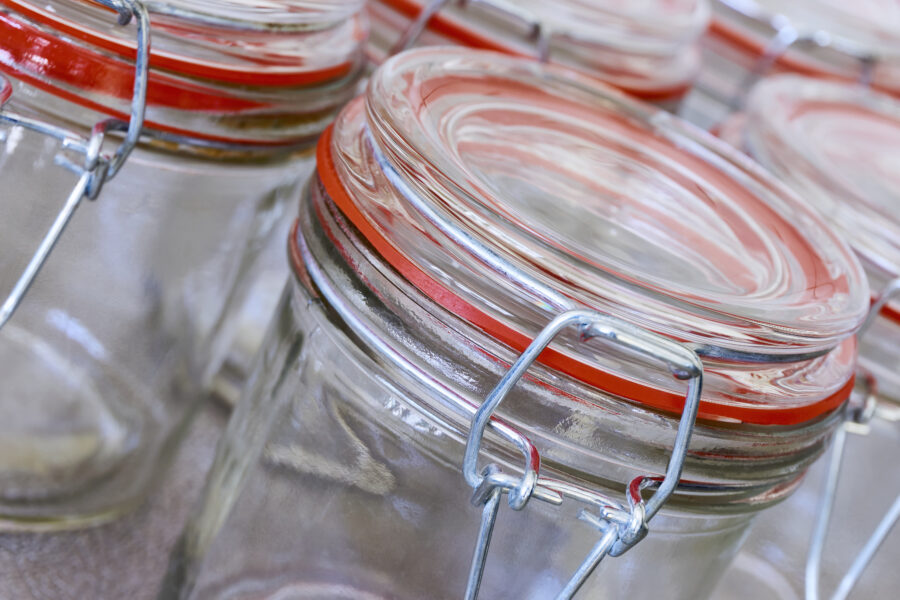
Got a mason jar lying around? Use it to mash your potatoes. There are a couple of methods with the mason jar that will work.
You can use the bottom of the jar and mash the potatoes that way. You could also use the side of the jar and roll it over them.
Regardless of which method you prefer, use a plastic bag. You don’t necessarily have to, but it will make less of a mess if you do.
Big Wooden Spoon
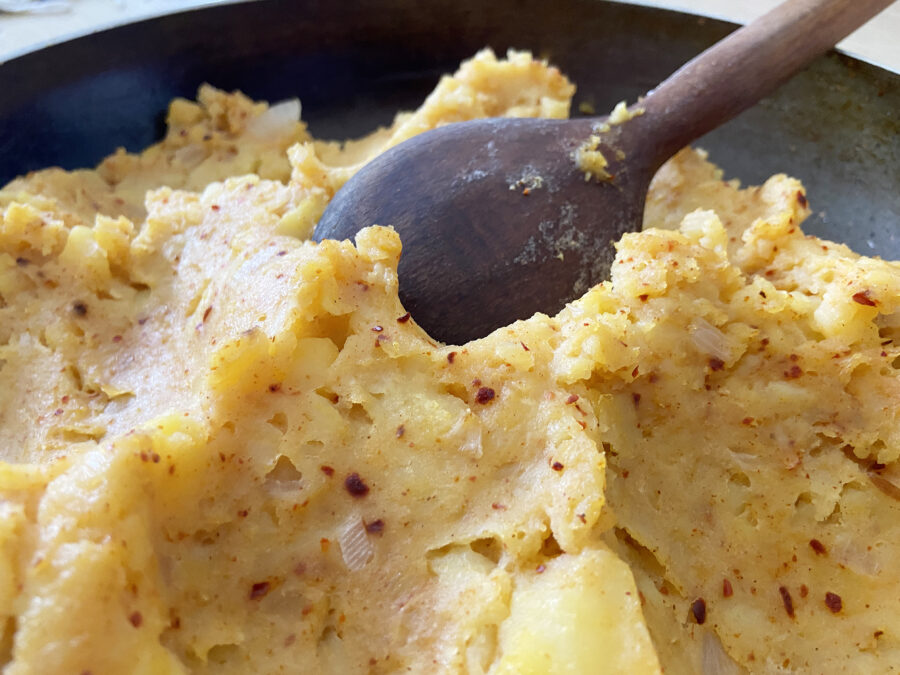
Chances are, you’ve got a big wooden spoon in your kitchen. Other than forks, it’s the easiest way to mash potatoes without a masher.
You’d use it the same way you would a regular potato masher. Other than the spoon itself, all you need is a little elbow grease!
Alternatively, a big wooden spork would work well. The prongs might actually be more beneficial when it comes to mashing. Either way, make sure it’s sturdy.
Whisk
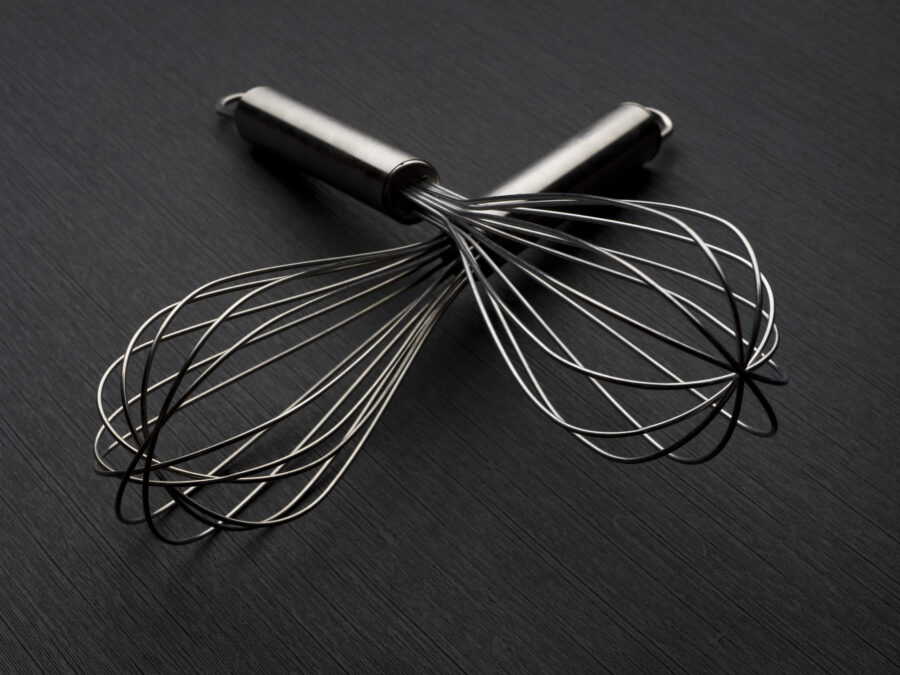
If you want to know how to mash potatoes without a masher, whisks are a useful tool. The first thing you should do is check the whisk’s sturdiness.
Using a flimsy whisk will not only effect your potatoes, but can damage the whisk as well. Opt for a heavy duty, stainless steel whisk.
As for the specific mashing technique, you can use this the same way you’d use a fork. It’ll require more effort than whisking egg yolks, but it’ll work.
Rolling Pin
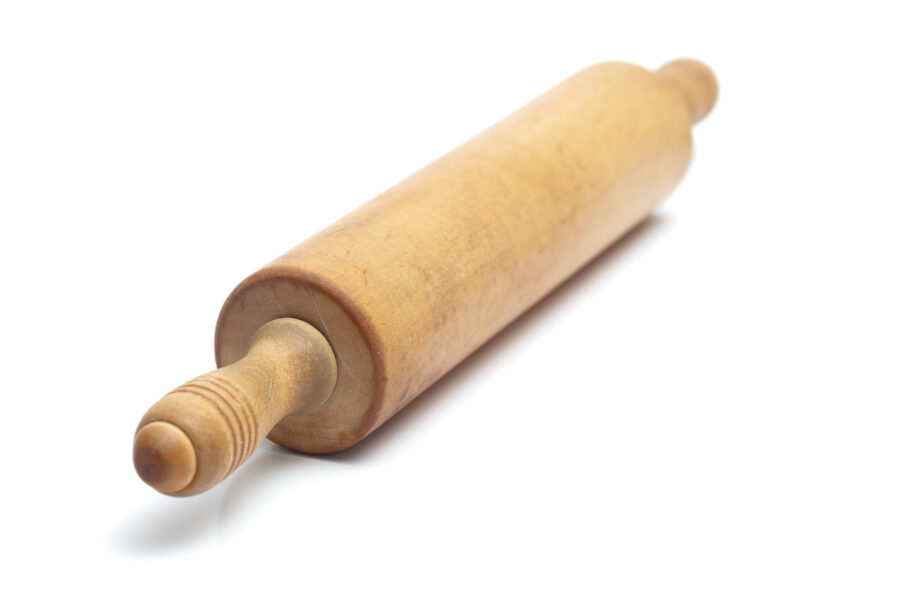
If you don’t have a mason jar, a rolling pin will do nicely. Make sure to put your potatoes in a plastic bag first.
Roll the pin over the bag. You might want to use several different bags, since the one plastic bag might not hold up.
After you’ve finished mashing the boiled, chopped potatoes, you can add the cream, butter, and any spices. And bam! It’s as simple as that.
Cutting Boards
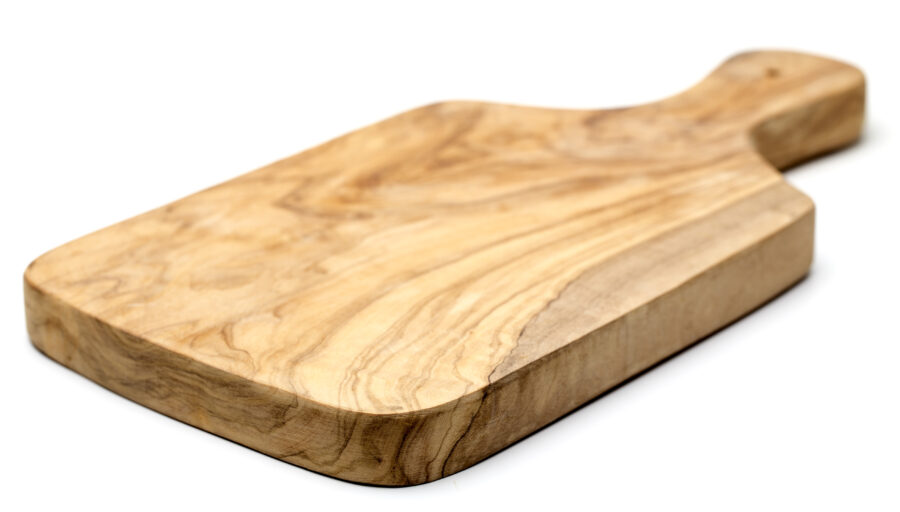
This method is a little unorthodox, but works just as well as any other. Like the previous method, add the extra ingredients after mashing.
After boiling, place the potatoes in between two cutting boards and squish them. This might get a little messy, but trust us — it’ll work.
Putting the cutting boards on a mat beforehand will help you clean up the mess afterwards. The potatoes won’t be as evenly mashed, but it’s fine.
Food Processor
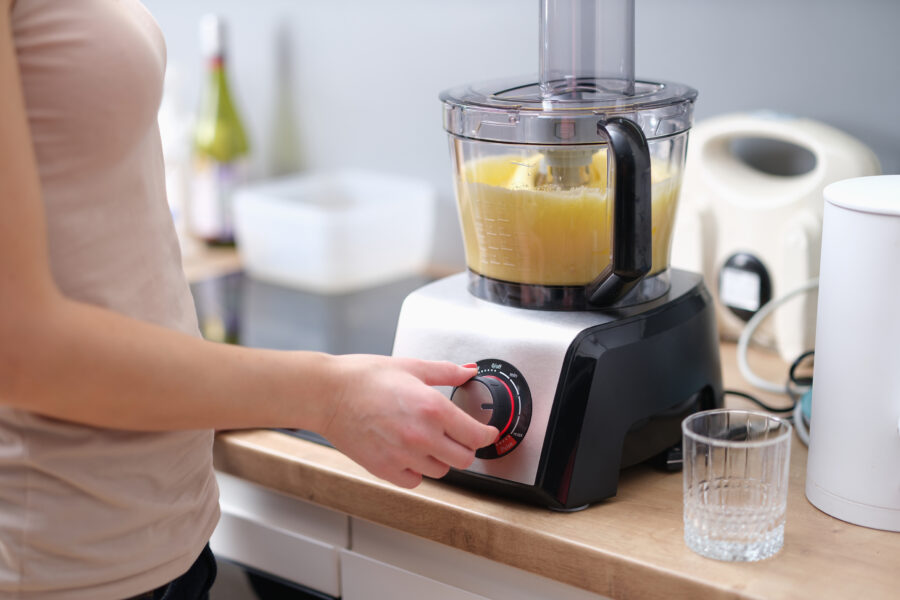
A food processor will help you mash potatoes without a masher, but make no mistake: this shouldn’t be your first option. The mash may have a gummy consistency.
This is because a food processor is likely to overdo it. Still, if you have no other options, it’s doable. Not ideal, but possible.
Use the pulse option on your food processor, and press it a maximum of five times. You can add the other ingredients after you’re done with the potatoes.
Your Foot
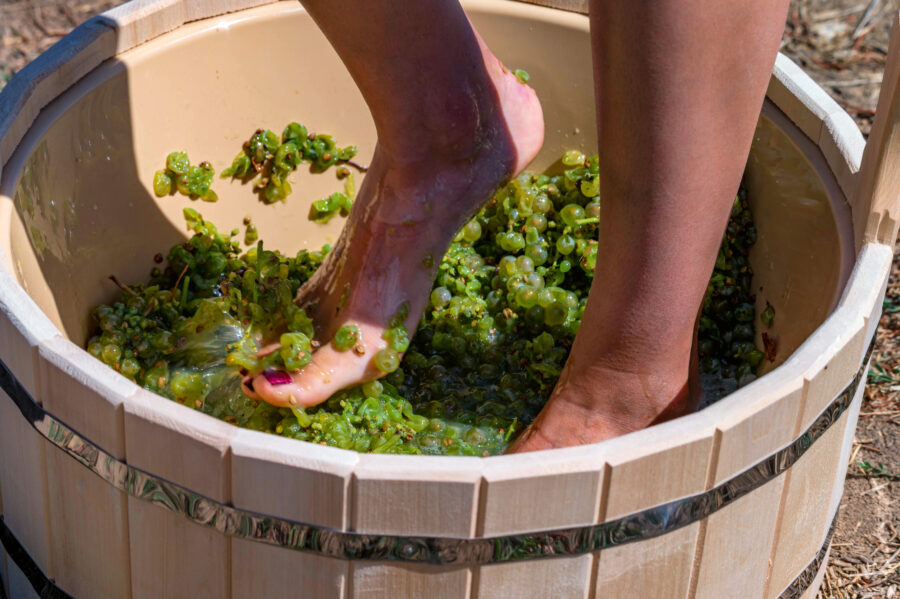
Hey, if nothing else works, or you somehow don’t have forks or spoons in your kitchen, you can always stomp on your potatoes. Just wear socks.
After you’ve boiled and chopped the potatoes, put them in a Ziploc bag. Then, stomp on it until it’s mashed. Weird, but simple and effective.
We don’t know why you’d choose to do this over any of the methods above, but it will get the job done. Stomp away.
Your Fist
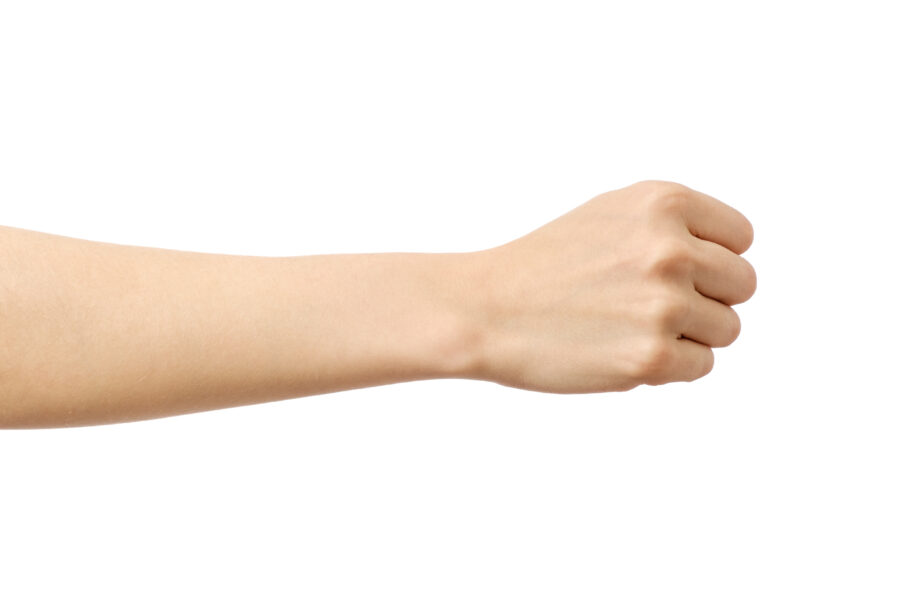
If all else fails, punch the potatoes. We’re only half joking. Actually, scratch that; we’re not joking at all. You can mash potatoes with your fist!
You might not want to punch them like you’re in a fist fight with them. Instead, you should bring your fist down with your pinkie facing the countertop.
This is, like, the last resort of last resorts. We doubt you’ll actually need to do this. But if you do, use a Ziploc bag.
Frequently Asked Questions
Do you rinse potatoes before you mash them?
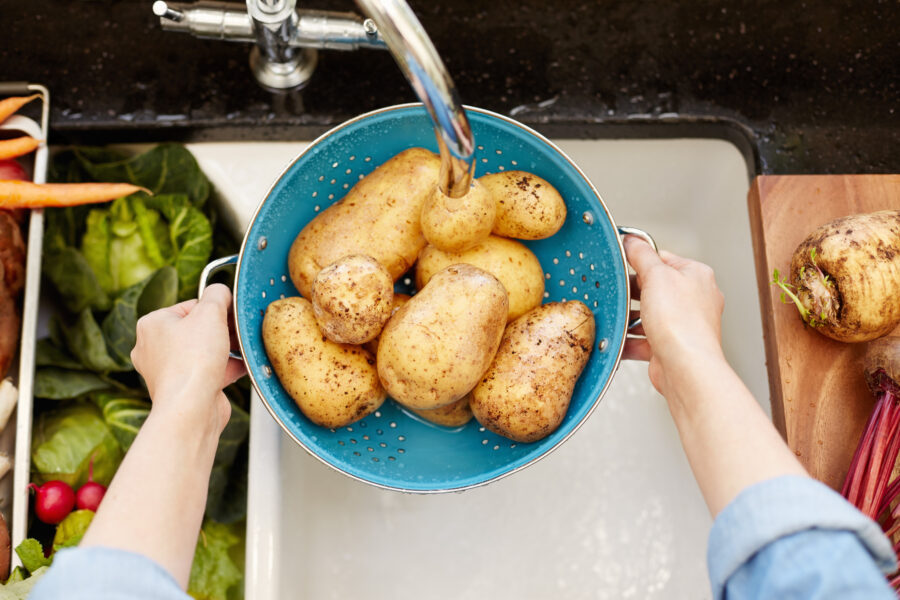
While rinsing your potatoes prior to cooking may work for other recipes, it doesn’t work with mash. First, we need to explore why people usually rinse their potatoes.
Rinsing your potatoes is a good way to get rid of the starch. With mash, however, a high starch content will actually work to your advantage.
Starch plays a big role in the overall texture and fluffiness of your mashed potatoes. It’s released during the mashing process. The more starch, the fluffier the mash.
Should mashed potatoes start in cold or boiling water?
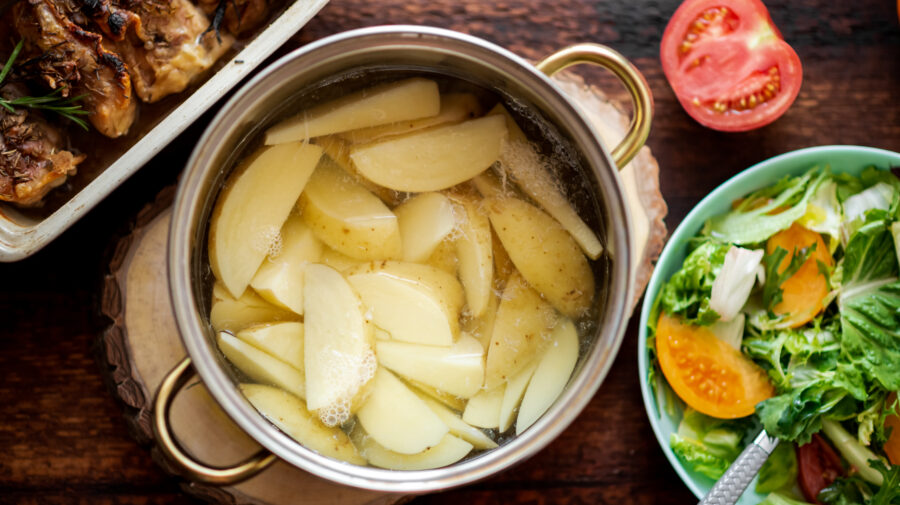
Boiling hot water is a no-no. You should generally boil cold water for any dish. This is especially true for mashed potatoes, which require an even consistency.
You might not get why boiling with hot water is so wrong. If anything, wouldn’t it speed up the process? Well, that’s actually where the issue lies.
If you start with hot or boiling water, the outsides of your potatoes will soften immediately, while the insides remain hard. This ruins your opportunity for even cooking.
How long should you boil potatoes for mashed potatoes?
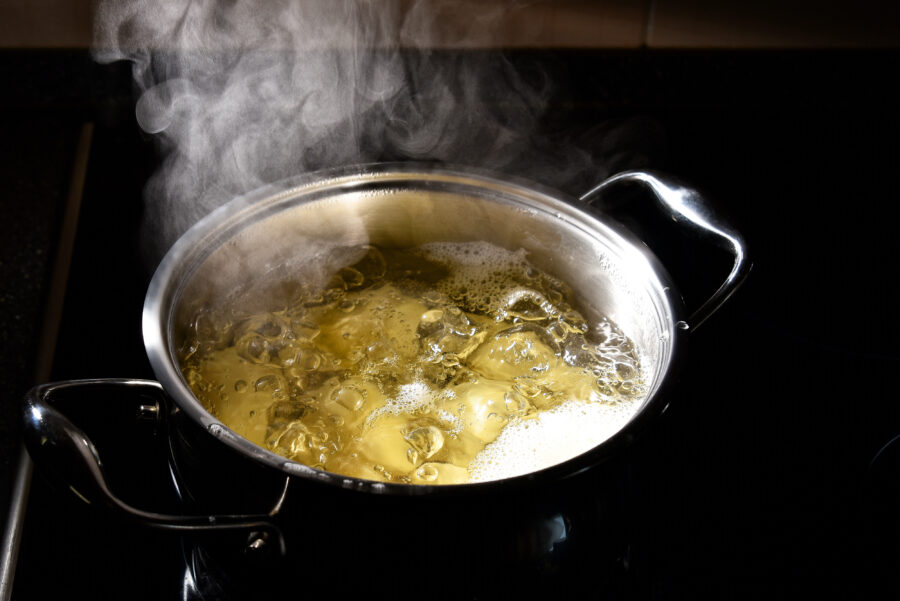
This is mostly dependent on the type of potato. Small red potatoes, for example, will boil faster, and require a shorter boiling time, usually about 15 minutes.
Larger potatoes, like russet potatoes, can take twice as long to boil. However, that only applies if you boil them whole. We recommend cubing them before boiling.
If you do that, then boiling will still take about 15 minutes, as with smaller potatoes. You can go with either method, though cubing saves time.
Should I let my potatoes cool before mashing?
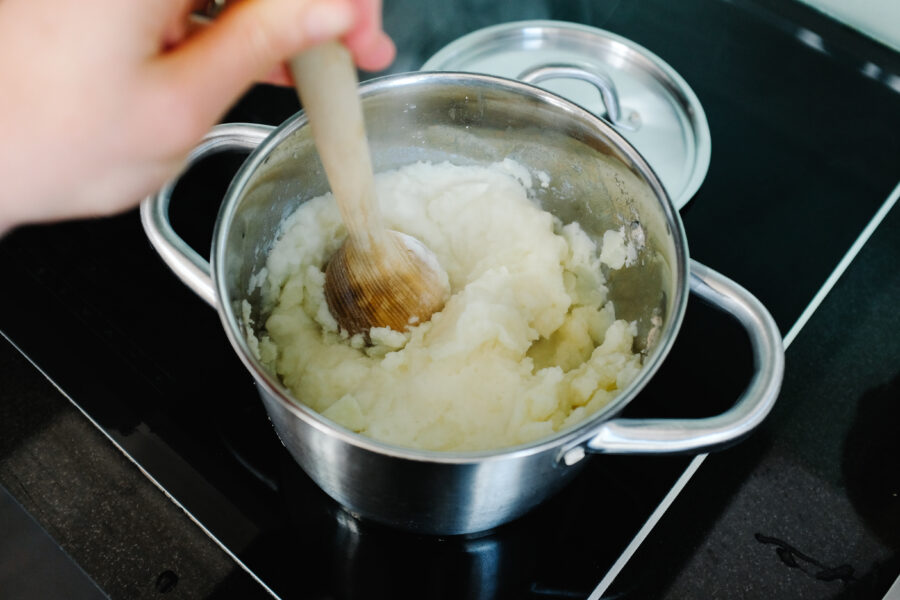
Short answer: probably not. You can, if you really want to, but we don’t get why you’d want to. There’s really no reason to.
Instead, the opposite actually holds true. Mashing warm potatoes is easier than mashing cool potatoes, so letting them cool can be to your detriment.
If, for whatever reason, you don’t want to mash them immediately after straining, that’s fine. Just don’t wait too long, otherwise you’ll have a harder time mashing.
Should I peel potatoes for mash?
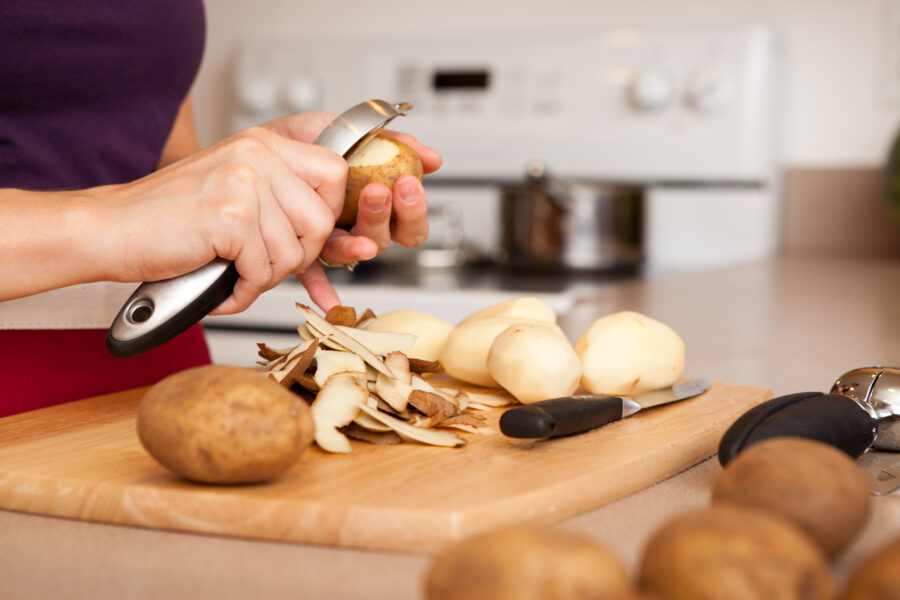
Contrary to popular belief, there’s no rule saying that you absolutely need to peel your potatoes before you mash them. Most people just do.
So, we’re going to go ahead and say no. Obviously, this comes down to personal preference, but we think that mash is only elevated by potato peels!
Potato peels can give your mash an interesting texture and flavor. So, as long as you wash it ahead of time, what’s the harm?
How do you save ruined mashed potatoes?
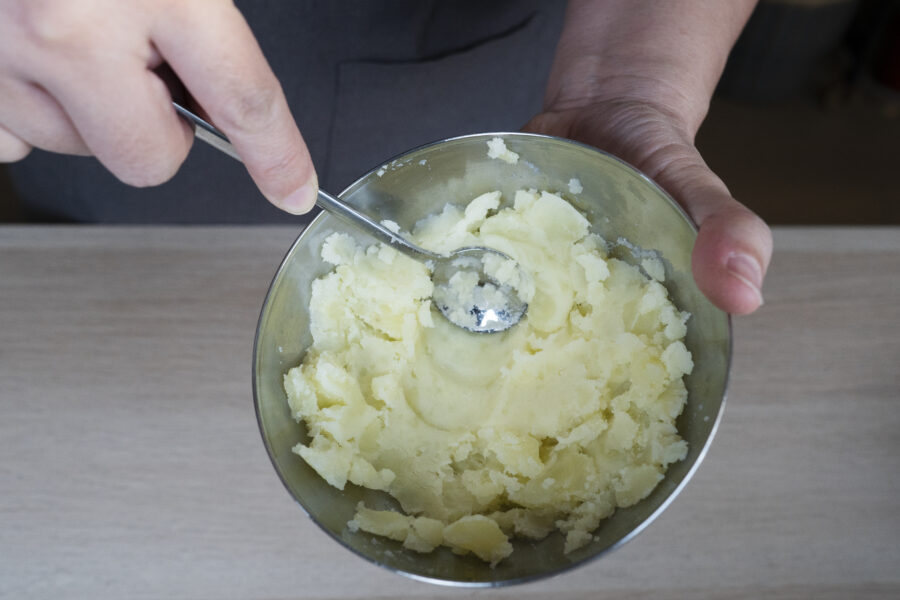
Ok, so you managed to mash your potatoes without a masher. Great! Except now they’re too runny, or gummy, or what have you. What do you do?
If you boiled your potatoes for too long, there’s a chance your mash is too runny. You can continue stirring over heat, or add a little corn starch.
For gummy mashed potatoes, you can stir in lots of butter, or make a new dish entirely. Potato pancakes or gnocchi are two solid options.
What is the easiest way to make mashed potatoes?
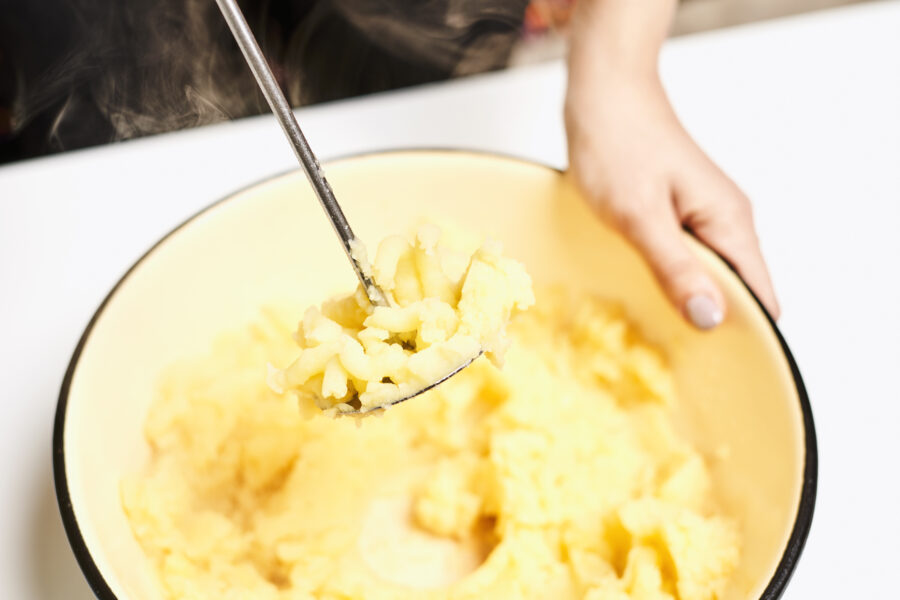
Using a food mill seems to be easiest. Not only do you have a machine on your side, your mashed potatoes will come out smooth and even.
Aside from a food mill, forks are simple, and work just as well. If you don’t have a masher on hand, a fork is your best bet.
Of course, this is wholly subjective. Some people just stick to their mashers, while others prefer to mash by hand. Whatever method you choose is up to you.

